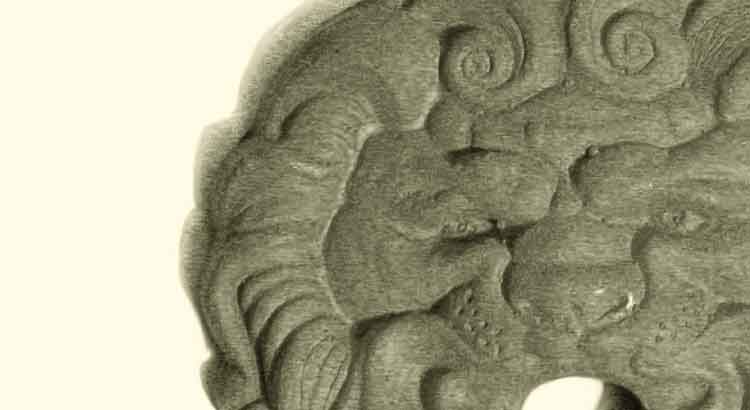“L’arte de vivere è l’arte di saper credere alle menzogne” —says, rightly, Cesare Pavese. To act, it is necessary to believe; there is no life without hope, without at least a tiny expectation, a minimum twinkle in the eyes that, upon waking, hopes for a better today than yesterday. Man allows himself to be deluded by psychological necessity; illusions are food for a mind programmed to believe. This is why the analysis of the human being necessarily involves the investigation of the irrational.
Tag: philosophy
Reality Reduced to Misery
Viktor Frankl, thrown into a Nazi concentration camp, saw his reality reduced to its fullest misery. Rationally, although with an almost superhuman coldness, and although for the sake of survival, for the urgent need to preserve his mental sanity, he set out to view his misfortune through the lens of a scientist. He isolated his mind in a fictitious intellectual bubble and made physical, psychological and moral destruction the object of his investigations. It is, keeping proportions, what every serious investigator of life should do.
The Moment When Destiny Makes Its Call
Although it is uncomfortable to assume it,—and even more so to justify it,—there seems to be, in the biography of every great man, a moment when destiny makes its call and, as usual, since we speak of great men, they fulfill their role. It is always possible to identify the emblematic circumstance whose response—the act—results in the concretization of the personality. It can also be added that such a circumstance configures the apex of a biography, the point where individuality is affirmed and distinguished and, since we speak of destiny, one’s fortune is defined. History offers us countless evidences for this unpleasant realization that seems to suggest that the greatness of its characters is limited to accepting, consciously or not, the fate that is reserved for them. Oh, note!…
The Realization of the Fragility of Life
The human brain, a machine programmed to seek and identify patterns—even where there are none—only under duress admits the conclusions that come from the realization of the fragility of life. It seems unnatural to have as determinant and presumable that which, in an instant, abruptly transforms the reality. The false slowness of time deceives it, the slow change of states seems to lead to a non-existent end—and the machine thus gives birth to erroneous judgments about existence. The unpredictable dynamics of life seem to want to force it to accept that not everything is about cause and effect; but for it, to do so is to confess its weakness and succumb to the irrational.



